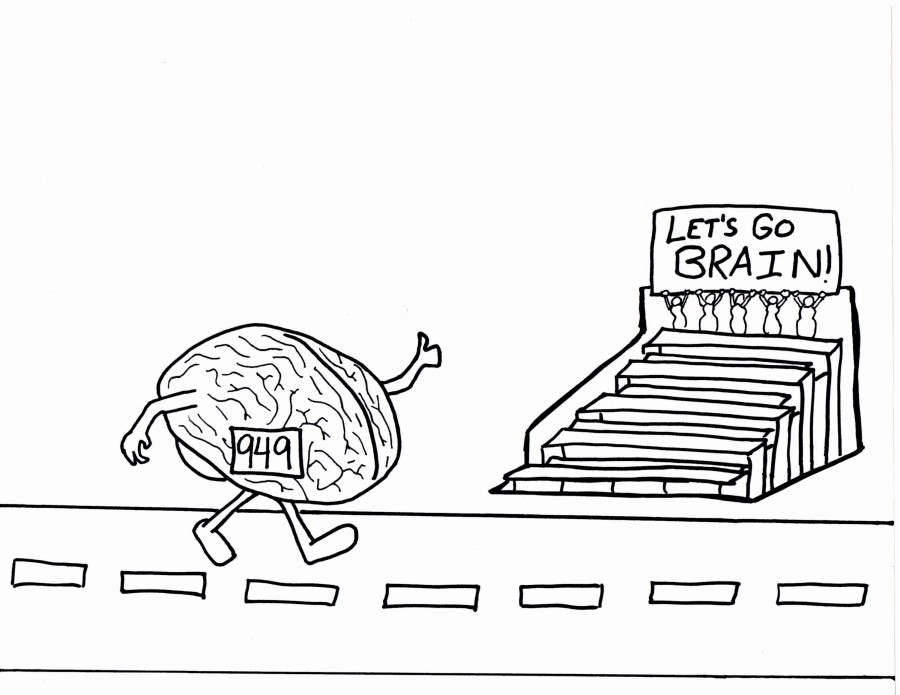Mental Health Support
As students transition from eighth grade top dogs to the bottom of the high school food chain, they are told that high school will be the best four years of their lives. They are told that they will make life-long friends, fall in love with a high school sweetheart, and make the best memories of their entire lives. What they are not told is that it can also be the most difficult four years of many students’ lives. They are not told that they will be waist-deep in stressful homework and future-determining standardized tests. They are not told that they might lose friends–get their hearts broken.
Depression is a major problem for teens and people need to start doing something about it. According to the National Institute of Mental Health, around 2.8 million teenagers aged 12-17 had “at least one major depressive episode” in 2014. Though high school can be a positive experience, it’s not always easy. But students feel a sort of pressure to act like it is.
There is a pressure to maintain a facade that you have it all together. Why? Why do we feel ashamed to admit that we’re not always calm and collected? Aren’t we all human? Shouldn’t we be able to share our worries and weaknesses with each other?
Perhaps students don’t feel that they would be well-received by their classmates if they were to be honest about their feelings. Perhaps they feel like they would be judged because everyone else seems to have everything under control. Or perhaps they’ve had their trust betrayed one time before when they went out on a limb to wear their heart on their sleeve.
If students do not feel supported enough by their peers to confide in them, then schools should step up to the plate and provide mental health support programs and resources. Students should have a safe place to turn to when it all gets too much and the stresses of high school become overwhelming. They should not be left to internalize their emotions as they slip deeper and deeper into depression. Resources should be available to provide help at the start so that students can get the encouragement and coping techniques they need before the stress develops into a more serious problem.
Anxiety in teenagers today is reportedly at the same level as a psychiatric patient in the 1950s. Does that not sound like a problem that needs to be addressed? The mental health of high schoolers is comparable to that of patients in a psychiatric institution, and yet adequate mental health resources in schools are few and far between.
Teens need to know that they have options. They need to know that if they can’t talk to their friends, there is someone else who will listen.
References:
https://www.psychologytoday.com/blog/anxiety-files/200804/how-big-problem-is-anxiety





























